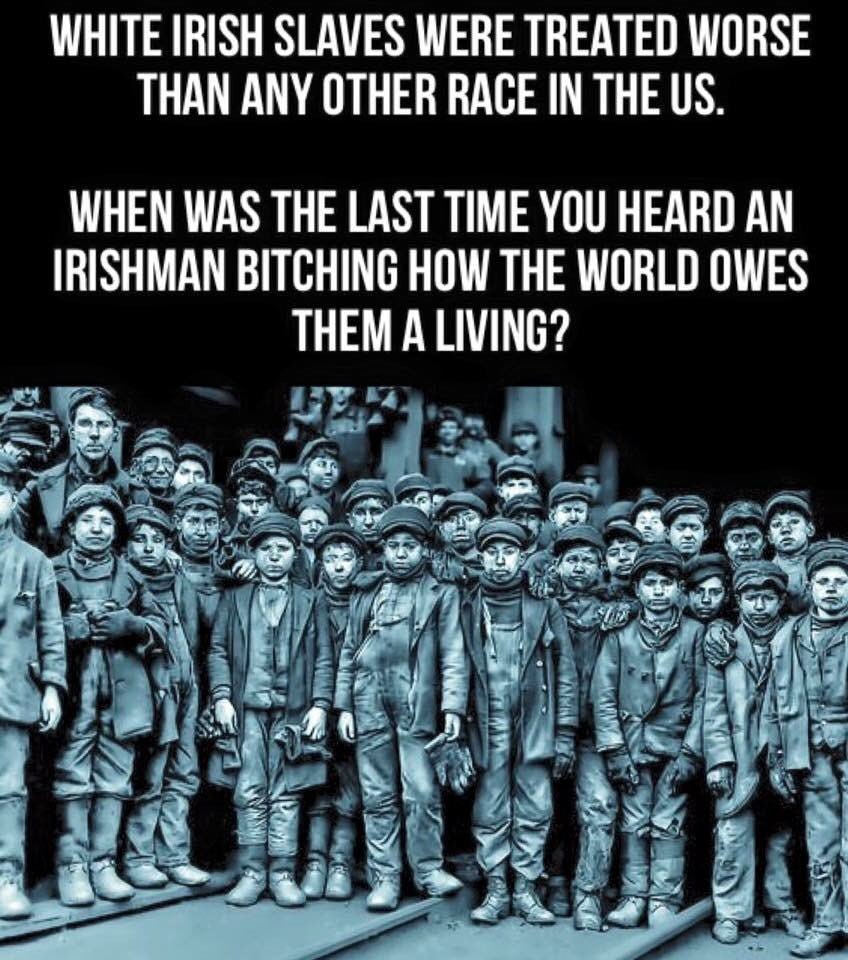Slave memes have become a fascinating phenomenon in modern internet culture, sparking debates, discussions, and controversies. These memes, often rooted in historical, cultural, or satirical contexts, have gained significant traction on social media platforms. As they continue to evolve, understanding their origins, implications, and cultural significance is crucial for anyone navigating the digital landscape.
In this article, we will delve into the world of slave memes, examining their origins, evolution, and impact on society. By exploring various aspects of these memes, we aim to provide a balanced perspective that acknowledges both their humor and potential harm. Whether you're a casual observer or an avid internet user, this guide will offer valuable insights into the phenomenon of slave memes.
Throughout the article, we will also address important questions about the ethical implications of these memes and their role in shaping modern discourse. By the end, you'll have a deeper understanding of why slave memes matter and how they reflect broader societal issues.
Read also:Carol Kane Apartment A Comprehensive Guide To The Iconic Living Space
Table of Contents
- The Origin of Slave Memes
- Types of Slave Memes
- Cultural Impact of Slave Memes
- Controversies Surrounding Slave Memes
- Historical Context Behind Slave Memes
- Psychological Effects of Slave Memes
- Ethical Considerations of Slave Memes
- Legal Issues Related to Slave Memes
- Future Trends in Slave Memes
- Conclusion
The Origin of Slave Memes
Slave memes have their roots in the early days of internet humor, where historical events and cultural narratives were often reinterpreted for comedic purposes. Initially, these memes were created to highlight the absurdity of historical power dynamics, but over time, they evolved into a broader cultural phenomenon.
One of the earliest examples of slave memes dates back to the mid-2000s, when internet users began experimenting with images and text overlays to create humorous content. These early memes often depicted exaggerated scenarios of servitude or oppression, drawing on both real and fictional historical contexts.
Keyword variation: Memes about slavery began gaining popularity as users discovered the potential for satire and social commentary. Platforms like Reddit and 4chan played a significant role in spreading these memes, allowing them to reach wider audiences.
Key Factors in the Spread of Slave Memes
- Internet platforms that encourage user-generated content
- Virality of humorous content
- Cultural fascination with historical narratives
Types of Slave Memes
Slave memes can be categorized into several distinct types, each serving a unique purpose and catering to different audiences. Understanding these categories helps in appreciating the diversity of the meme culture surrounding slavery.
Satirical Slave Memes
Satirical slave memes are designed to critique societal norms and power structures through humor. These memes often exaggerate historical scenarios to highlight the absurdity of certain beliefs or practices.
Historical Slave Memes
Historical slave memes focus on accurately representing historical events related to slavery. While these memes may not always be humorous, they serve as educational tools that bring attention to important historical narratives.
Read also:Lynn Drivein A Journey Through The Iconic American Drivein Movie Experience
Fictional Slave Memes
Fictional slave memes draw inspiration from popular media, such as movies, TV shows, and books, to create humorous or thought-provoking content. These memes often blur the line between reality and fiction, encouraging viewers to reflect on the implications of their humor.
Cultural Impact of Slave Memes
The cultural impact of slave memes is profound, influencing how people perceive historical events and contemporary issues. By blending humor with serious topics, these memes have the power to shape public discourse and raise awareness about important social issues.
Research shows that memes play a significant role in shaping public opinion, especially among younger audiences who consume most of their information online. Slave memes, in particular, have sparked conversations about race, inequality, and systemic oppression.
Keyword variation: The influence of memes about slavery extends beyond entertainment, serving as a medium for education and activism. As these memes continue to evolve, their impact on cultural narratives becomes increasingly significant.
Controversies Surrounding Slave Memes
Despite their popularity, slave memes have not been without controversy. Critics argue that these memes trivialize the suffering of enslaved individuals and perpetuate harmful stereotypes. Others believe that they provide a platform for discussing difficult topics in a more accessible way.
One of the most significant controversies involves the use of slave memes in educational settings. While some educators see them as valuable tools for engaging students, others worry about their potential to undermine the seriousness of historical events.
Key Controversial Issues
- Trivialization of historical trauma
- Potential reinforcement of stereotypes
- Appropriateness in educational contexts
Historical Context Behind Slave Memes
To fully understand slave memes, it's essential to examine the historical context from which they emerge. Slavery has been a part of human history for centuries, impacting societies across the globe. The transatlantic slave trade, in particular, has left a lasting legacy that continues to influence modern culture.
By referencing historical events, slave memes often draw attention to the enduring effects of slavery on contemporary society. This connection between past and present is a crucial aspect of the meme culture surrounding slavery.
Keyword variation: The historical background of memes about slavery provides a rich foundation for exploring complex social issues. Understanding this context helps in appreciating the depth and complexity of these memes.
Psychological Effects of Slave Memes
The psychological effects of slave memes vary depending on individual perspectives and cultural backgrounds. For some, these memes serve as a coping mechanism for processing difficult emotions related to historical trauma. For others, they may evoke feelings of discomfort or offense.
Studies have shown that exposure to certain types of memes can influence attitudes and beliefs, particularly among younger audiences. This highlights the importance of critically engaging with meme culture and understanding its potential impact on mental health.
Ethical Considerations of Slave Memes
From an ethical standpoint, the creation and consumption of slave memes raise important questions about responsibility and accountability. Creators must consider the potential impact of their content on vulnerable communities, while consumers should be mindful of the messages they support through their engagement.
Experts in media studies emphasize the need for responsible meme creation, advocating for greater awareness of the implications of humor in sensitive contexts. By promoting ethical practices, the meme community can contribute positively to broader societal discussions.
Legal Issues Related to Slave Memes
In some cases, slave memes have sparked legal challenges, particularly when they infringe upon copyright or intellectual property rights. Additionally, memes that promote hate speech or discriminatory content may violate laws protecting against discrimination and harassment.
Keyword variation: Legal considerations surrounding memes about slavery highlight the importance of understanding the boundaries of free expression in the digital age. As meme culture continues to grow, so too does the need for clear guidelines governing its use.
Future Trends in Slave Memes
Looking ahead, the future of slave memes is likely to be shaped by ongoing technological advancements and shifting societal values. As social media platforms evolve, so too will the ways in which users create and share meme content.
Emerging trends suggest a growing emphasis on inclusivity and diversity in meme culture, with creators increasingly prioritizing representation and sensitivity in their work. This shift reflects broader changes in society's approach to historical and cultural narratives.
Conclusion
In conclusion, slave memes represent a complex and multifaceted phenomenon within modern internet culture. By exploring their origins, types, cultural impact, and ethical considerations, we gain a deeper understanding of their role in shaping contemporary discourse.
We encourage readers to engage critically with meme culture, considering both the benefits and challenges it presents. Share your thoughts in the comments below, and explore other articles on our site for more insights into the world of internet humor and beyond.


